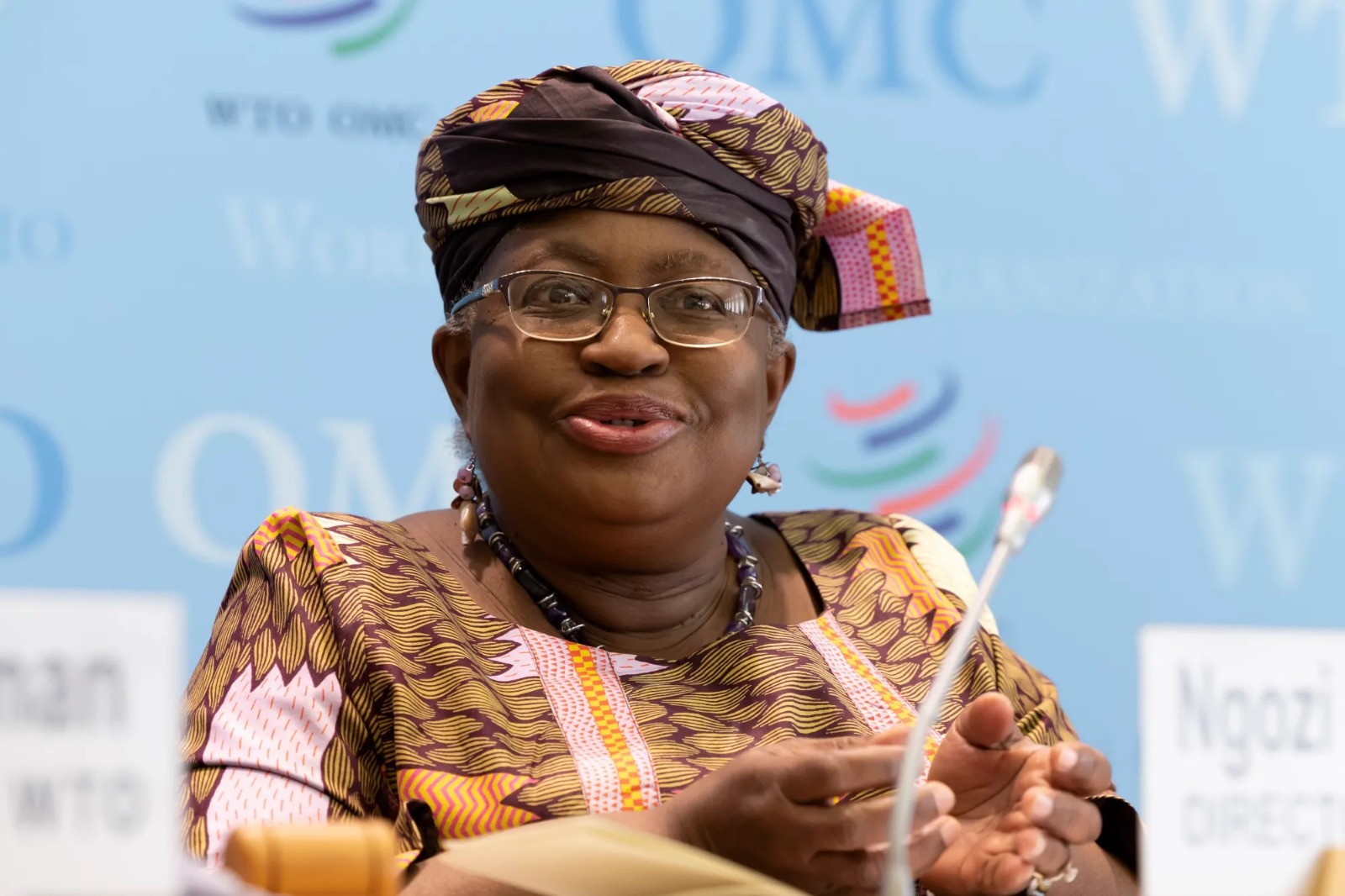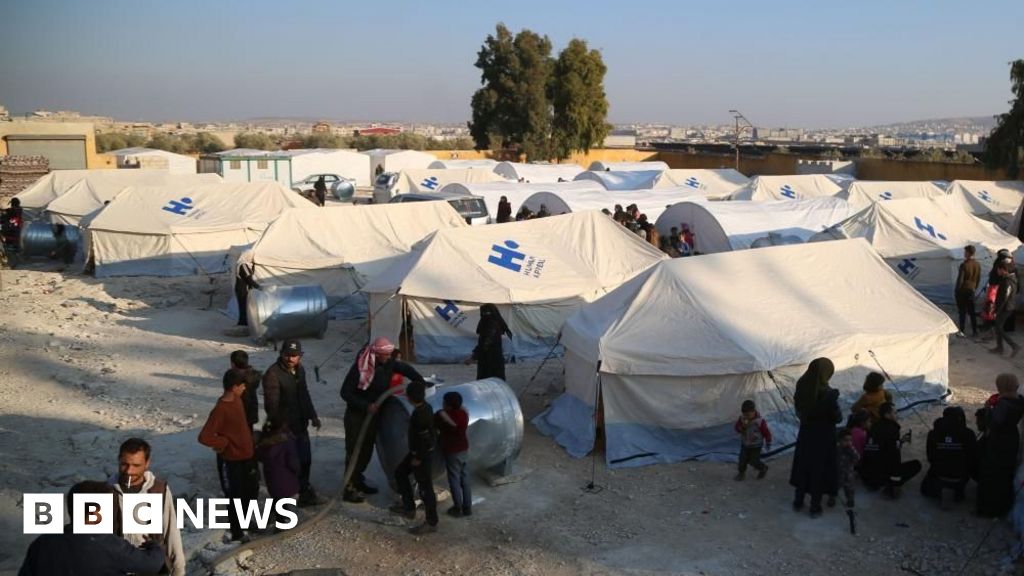British Prime Minister Keir Starmer has announced plans to reduce migration into the United Kingdom citing the challenges it poses to the country.
In a speech released on Thursday, Starmer emphasised the need to focus on domestic issues, including improving skills development, workforce training and addressing long-term unemployment.
He highlighted the need for a more controlled approach to immigration, especially in the light of what he described as the current system’s failure to adequately address skills shortages within the UK.
Starmer cited the findings of the Office for National Statistics (ONS), which revealed that nearly one million people migrated to the UK in the year ending June 2023, estimated to be over four times higher than the migration levels in 2019.
The prime minister condemned the previous government’s policies, arguing that the liberalisation of immigration laws, including the use of Brexit to open the country’s borders led to this surge.
According to him, “This happened by design, not by accident,” accusing the government of using Brexit to transform Britain into a “one-nation experiment in open borders.”
He called for a new approach to migration that focuses on developing local skills and providing opportunities for young people in the UK.
The prime minister also raised concerns over the current reliance on immigration to fill gaps in the workforce, pointing out that sectors like engineering had seen a sharp decline in apprenticeships while the number of work visas has doubled.
“You cannot separate this failure from their refusal to do the hard yards on skills,” Starmer said, noting that the country has seen an increase in the number of people out of work due to long-term sickness and a lack of youth engagement in employment or education.
As part of the new policy direction, Starmer announced that the government would soon publish a White Paper detailing plans to reduce immigration.
He emphasised that future visa applications, particularly in skilled worker and shortage occupation routes would come with new expectations regarding training and upskilling people within the UK.
He also promised to crack down on abuse within the visa system, saying that employers who refuse to comply would be banned from hiring foreign workers.
In addition to addressing domestic workforce needs, Starmer highlighted efforts to strengthen border security.
He announced a new security agreement between the UK and Iraq aimed at tackling people smuggling into the country.
This agreement, described as a world-first, would support Iraqi law enforcement to stop smuggling gangs before they reach UK shores.
He also pointed to the success of recent efforts in returning asylum seekers, with asylum returns up 53% compared to the previous year.
“Our rules will be enforced,” Starmer stated, stressing that the government would no longer tolerate lax enforcement.
“It won’t be quick or easy,” he acknowledged, “but we are going to turn things around, not with gimmicks, but with graft.”
Starmer further emphasised that his government would not rest until the necessary changes were made, and Britain could offer secure work and good opportunities for everyone.

 2 hours ago
1
2 hours ago
1














 English (US) ·
English (US) ·